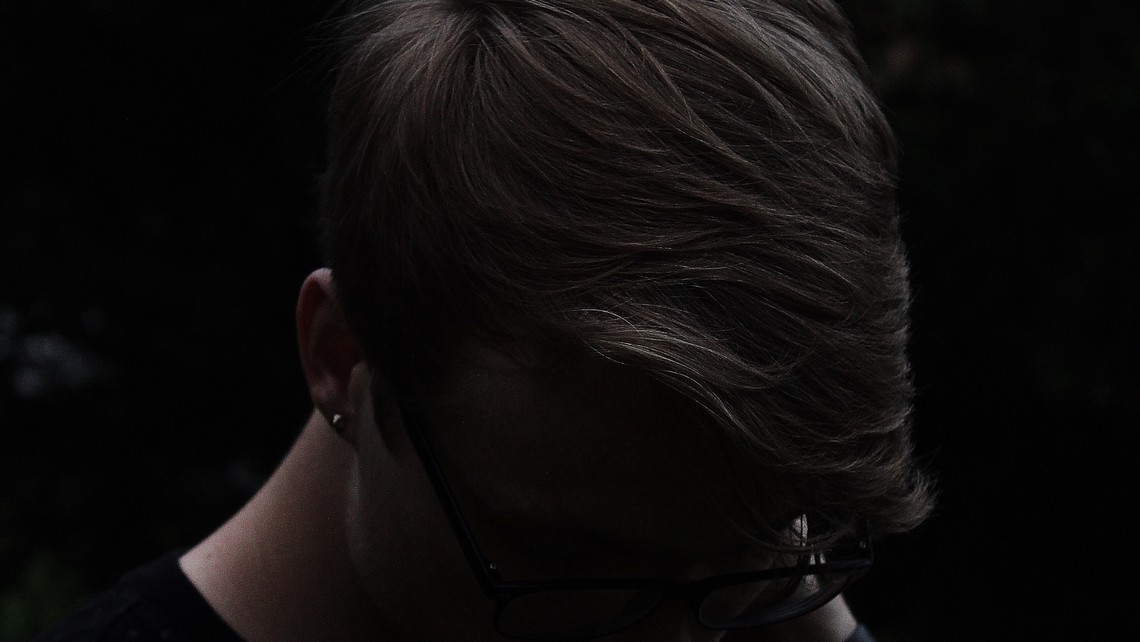
There comes a time when parents simply want some quiet time to themselves. Handling the rigors of parenthood by meeting the temporal and spiritual needs of our children can take a physical and spiritual toll. This carnal desire is something almost every parent goes through. It’s not a sinful desire per se for a parent to seek a retreat or respite of sorts from their children. What can lead this desire toward the stages of sinful behavior is the intention of deliberately removing ourselves (isolating) from caring and teaching our children.
A subtle but troubling trend I’ve witnessed over the last several years is the parental desire for some peace and quiet replaced with the act of isolating themselves from their children. What I mean here is a gradual separation of the spiritual, emotional, physial and psychological relationship between parent and child. Whether the reason is work, current family structure i.e. single-parent family, working parents or the daily distractions that come from daily living, the intimate relationship between parent and child appears to be gradually eroding for more reasons than the one’s just mentioned. By nature, children desire to be near their parents. It’s part of the protective nurturing process all children seek and when this parent-child structure is interrupted the alternatives may not always be spiritually healthy and in a worst case scenario lead to direct isolation which then becomes the norm of parenting.
The Catechism reminds us that the Christian family is a communion of persons, a sign and image of the communion of the Father and the Son I the Holy Spirit . . . The relationships within the family bring an affinity of feelings, affections and interests, arising above all from the members’ respect for one another. The family is a privileged community called to achieve a sharing of thought and common deliberation by the spouses as well as their eager cooperation as parents in the children’s upbringing (2204-2205).
The Sin of Isolation
St. Paul in his letter to the Ephesians tells us that we are to grow up in every way into him who is the head, into Christ from whom the whole body, joined and knit together by every joint with which it is supplied, when each part is working properly makes bodily growth and up-builds itself in love (4:15-16).
Our identity as parents’ rests in our understanding and willful intent to place Jesus Christ at the center of everything we do especially our parenting. Every time a parent asks; “what should I do about my son” I immediately tell them to first begin to be genuinely present. It is very important that a child knows that his father and mother are there both spiritually and physically. The ease by which one can fall into what I call the sin of isolation from their children is why the virtue of presence is so important. When isolation begins to occurs, the child will more often than not direct his attention toward something that will give and draw his desire away from his family and replaced with another outlet typically one involving social media.
St. John Paul II reminded us that the Family finds in the plan of God the Creator and Redeemer not only its identity, what it is, but also its mission, what it can and should do (Familiaris Consortio, 17). This means that our actions as parents are intimately called to reecho Christ. One facet of this action is to bring Christ into the home in prayer. When we invite and initiate a relationship with Christ within the home it strengthens the family unit and provides a spiritual base by which the family can withstand the sin of isolation. Parents must regard their children as children of God and respect them as human persons. . . Parents have the first responsibility for the education of their children. They bear witness to this responsibility first by creating a home where tenderness, forgiveness, respect, fidelity, and disinterested service are the rule (CCC 2222-2223).
A recurring theme on the family found in the Catechism is the practice of showing respect to our children. This act of love is very important in avoiding the sin of isolation because it reaffirms the Christian anthropology of the family. This means that the parent-child relationship was not created to be isolated from one another.
Addressing the Sin of Isolation
A sound and practical way of avoiding the sin of isolation is by being present to our children especially in prayer. Children desire reassurances from their parents which include their physical presence. The process of accompaniment between a parent and child involves the simple act of recognizing the dignity of the child. This act of love dispels any temptation to isolate ourselves from our children because we see them as authentic gifts from God.
One of the surest ways to dispel parental isolation is through the practice of intercessory prayer. Simply put, intercede (pray) on behalf of your children and offer them to Christ. At the heart of the act of Intercessory prayer is the deliberate act of the will to think of someone other than yourself. You place the intentions of the person before yours and in this case our children before us. The gift of intercessory prayer is that it allows us to always be present with our children which is exactly what we our parental call is all about.






